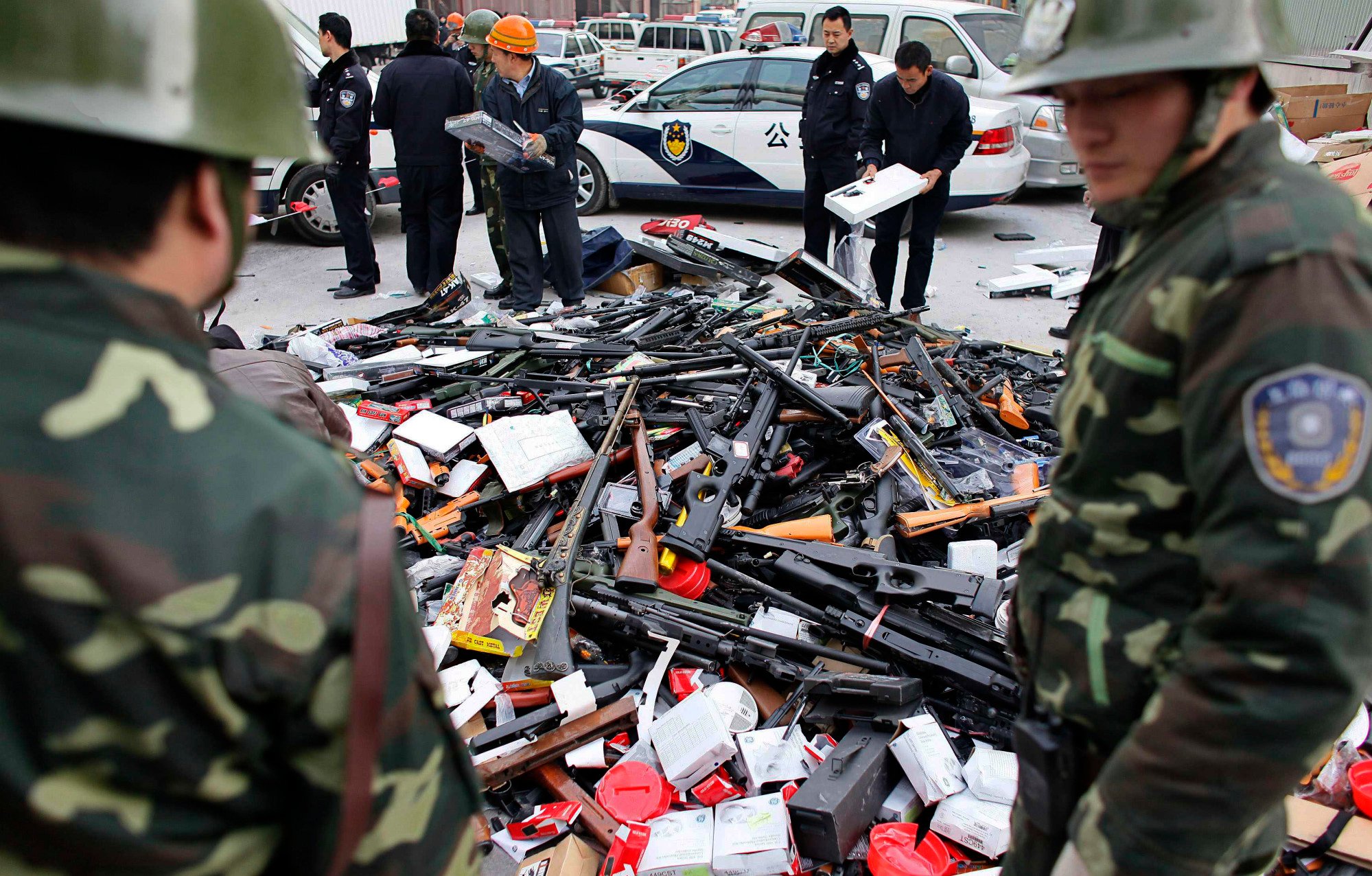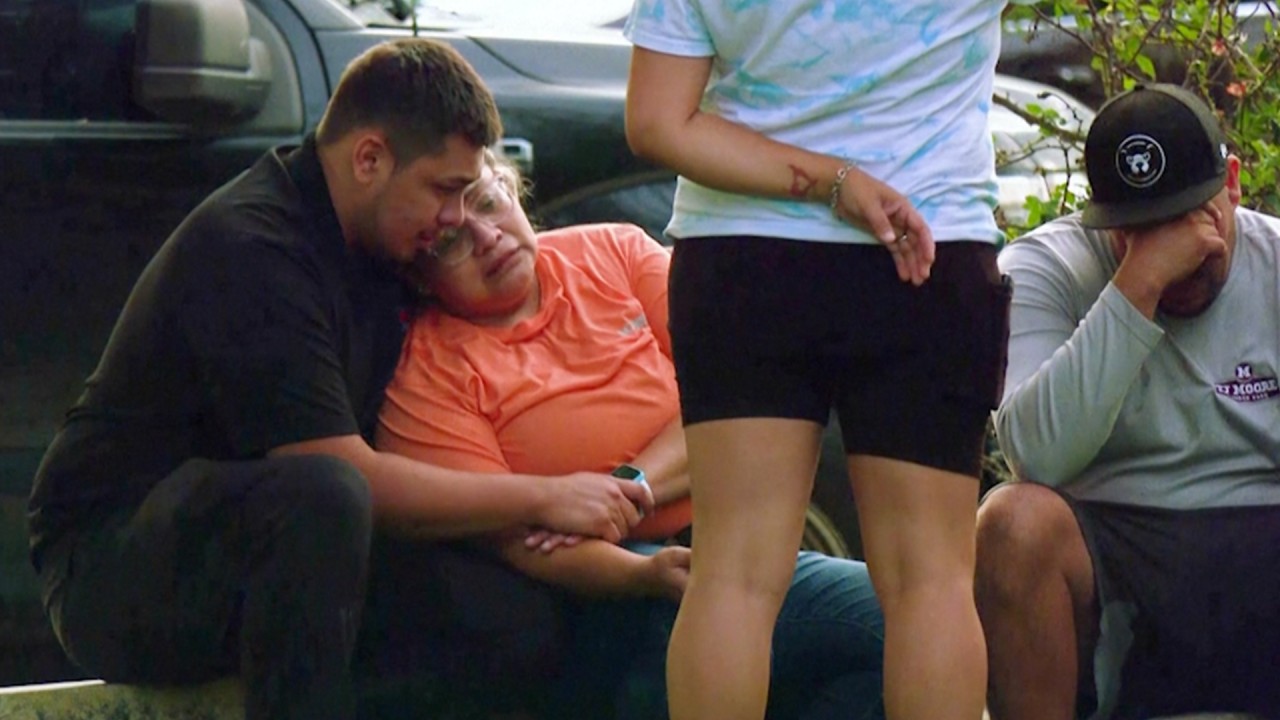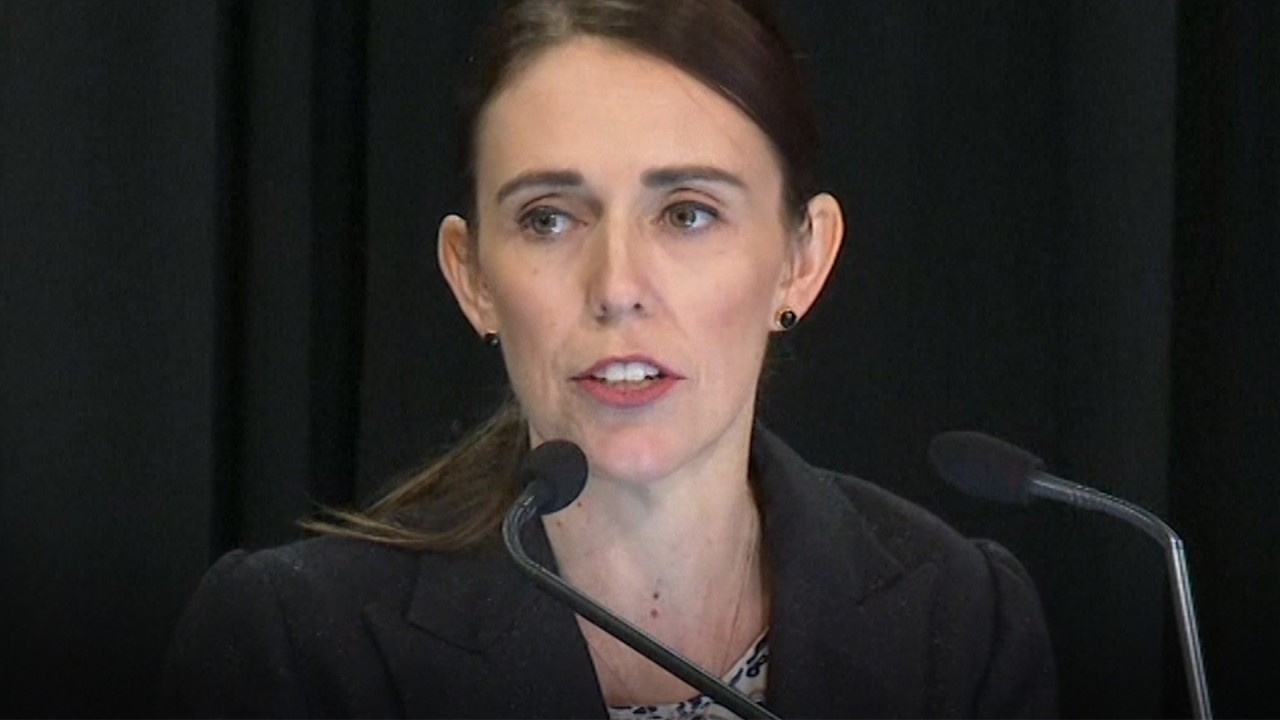
Amid rise in deadly mass shootings, the US cannot hold the same promise for young Chinese
- In a few decades, mass shootings in the US have gone from near unheard-of to tragically common, while politicians point the finger and meaningful gun control measures remain elusive
- Those same politicians boast of America’s superiority to China, yet Chinese pupils do not fear going to school and never coming back
I came to the United States to study in 1949, inspired by the stories of my father and brothers. I marvelled at the wealth that seemed to spring from the country.
My studies brought me to Washington, DC, which I made my home for the next seven decades. The sense of domestic peace was shattered sporadically by incidents of violence.
The prominence of guns and the seemingly inevitable tragedies that accompanied them were a cultural phenomenon I had to adapt to, even though I was no stranger to violence or gun ownership.
China was at war for most of my childhood. Private gun ownership expanded during the class war between the Nationalists and Communists, and following the outbreak of war with Japan in 1937. Most privately held weapons were foreign-made and came to China from Western traders and smugglers.
My father, a general in the Nationalist army, was gifted a handsome ivory-handled revolver from his friend, the “Young Marshal” Zhang Xueliang, who reportedly received it from Hitler. My father let me have the gun, which was intended to be used for suicide in the event of capture.

When the Communists secured control of China in 1949, the new government sought to rein in the proliferation of firearms. In the early 1950s, it imposed laws prohibiting the purchase, sale, and private manufacture of guns. Here the US and People’s Republic of China’s origin stories diverge; after the American Revolution, the Founding Fathers enshrined the right to private gun ownership in the Second Amendment of the Constitution.
The infamous shooting at Columbine High School in Colorado in 1999 left 13 dead. Just three years later, terror came close to my home in the form of a series of random sniper attacks in the DC area that claimed the lives of 17 and injured 10. These incidents prompted concerns about media violence and the threat of domestic terrorism, but no widespread effort to restrict access to firearms.
On other occasions, motives remain frustratingly elusive, as in the case of the man who killed 59 and injured hundreds of concertgoers in Las Vegas in October 2017.

There is also a jaded recognition that this will not be the last time Americans confront news of a shooter targeting a school or business.
Guns are obviously not the only cause of these tragedies. China has experienced attacks on schools and other public places by individuals armed with knives and hammers. But none of these attacks have had the same lethality as those in Uvalde.
While the two sides of the political divide lay the blame either at the nation’s broken mental health system or its lax gun laws, the truth is there is no single cause that neatly explains why an individual would commit such heinous acts.
But framing the issue as a choice between imposing gun control and supporting mental health while ultimately doing neither is doomed to fail.
If I was a young person looking for opportunities today, I do not think I would consider the United States an attractive location. Students of all ages, their teachers and parents must every day reckon with the prospect that they could be next.
Mass shootings have come to define American exceptionalism
As Evan Osnos wrote following the Sandy Hook shooting, “even to those who desperately want to be American, this special brand of American madness lies not in the banal fact that deranged men attack children, but in the shame that the rest of us, all of us, allow our laws to enable it”.
Chi Wang, a former head of the Chinese section of the US Library of Congress, is president of the US-China Policy Foundation



